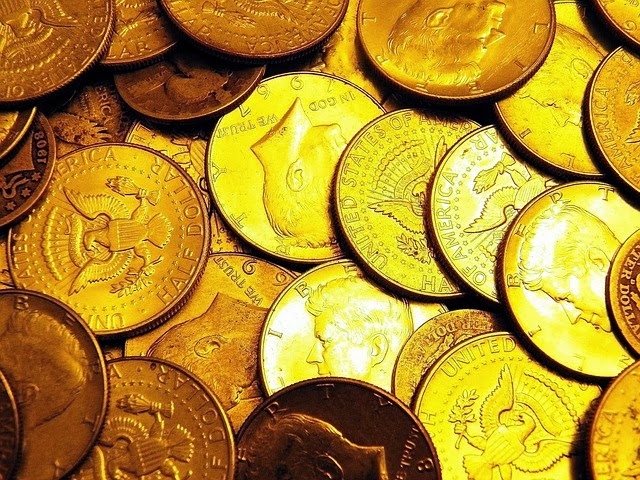 |
| Greenwood County Courthouse, Robin Foster 26 February 2014 |
Walking in their footsteps
I live just down the street from the place where my 2nd great grandparents spent their lives as slaves and experienced emancipation (1847-1919). I have been working on mapping important sites to gain further insights for my research. Yesterday was the first day I actually walked into the courthouse in Greenwood to look for records. I wanted to see if I would be able to find marriage records, probate records, and land deeds.
Courthouse scavenger hunt
After walking through the security scan at the Greenwood County Courthouse, I went upstairs and dialed the number four on a phone just outside a glass door which led to the probate records. I explained that I wanted to look at marriage records and probate records. I looked through the marriage books first where I found a few marriage records (more on those later).
I just wanted to share my greatest find. My great uncle, Lewis Johnson (Andrew and Jane Johnson) married my great aunt, Arie Anna Vance (Beverly and Matilda Vance). Both Lewis and Arie Anna are related to me. Their parents are my 2nd great grandparents. I have researched this line backwards and forwards never finding the death date for Lewis who died leaving Arie Anna to raise a large family.
I searched the probate index and discovered an entry for Lewis Johnson, packet 64 -6:
Index to Estates in Probate Court, Volume Number 1, 1895 to July 1st 1946, Greenwood County, South Carolina
I really did not know if this was the correct Lewis Johnson until I removed the packet from drawer 64 and saw Arie Anna's name on the front:
 |
| Lewis Johnson will (1909), Greenwood County Estate Packet 64 -6, Probate Records Office, Greenwood, South Carolina |
I found him long ago on the 1880 and 1900 Censuses, but he was not on the 1910 Census. He never appeared again on any census with his family, so I presumed he had died sometime before 1910. Deaths were not recorded in South Carolina at that time.
Leave no stone unturned
I assist a lot of people who frown when I suggest they check probate records. I often hear, "My family never owned anything. I do not think he had a will." They even chuckle a little. Well for my family, I do not presume anything. I look under every nook and cranny to discover everything that might be there. I inspect every record known to exist, and it is that kind of persistence that has brought me the success that I have had so far.
I am so glad the room was empty yesterday while I had this experience. I took my time and basked in the joy and excitement over this find. I could not believe my eyes when I unfolded the contents of this packet and saw Lewis' will which he had put together just before he passed away:
 |
| Lewis Johnson will (1909), Greenwood County Estate Packet 64 -6, Probate Records Office, Greenwood, South Carolina |
Records up close
I have a lot to go through here with all the contents of the packet. One thing that I took away this day was the fact that casting your eyes upon the original historical documentation on your own family feels much different than looking at an image on microfilm or a computer screen.
Granted, not everyone can travel to the places where the records exist, but this is my way of connecting with the people that I never knew in this life --the people whom I have come to love and feel close to. My reward is feeling their presence and help.
I know I am getting closer to discovering even more significant things. This move has been good for me. I do admit that I am getting a little nervous. I do not know if I will be able to bear the discoveries that await me. Maybe that is why they are unfolding a little bit at a time.
My scavenger hunt at the courthouse was not over. This record led me to another record which I will discuss next time. Be sure to subscribe above so you that you do not miss the next post.









